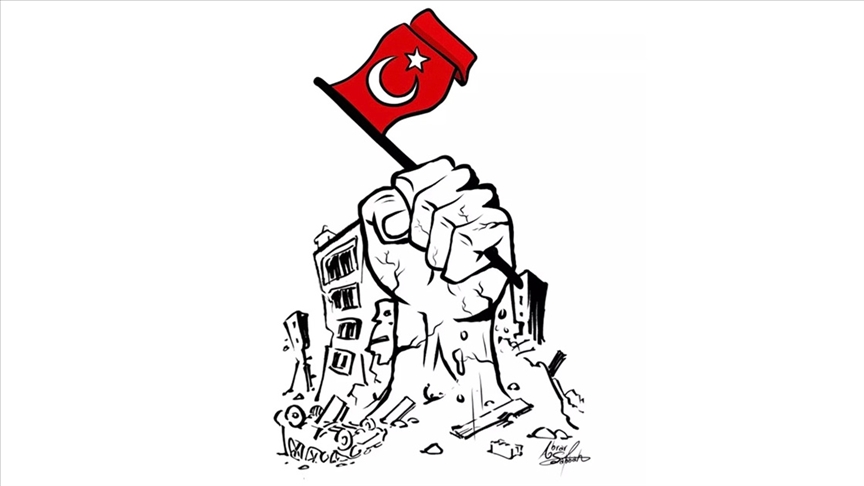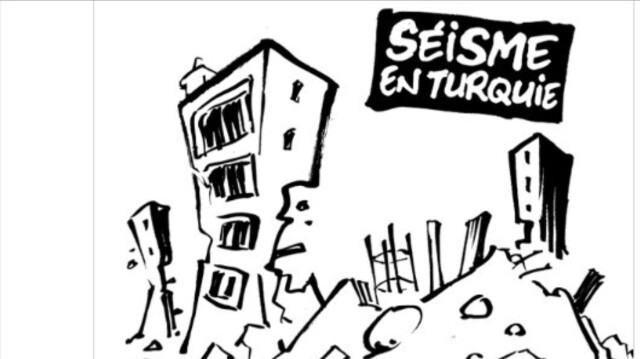As stated above, the attitudes of the idolaters towards the Muslims began to become crueler and the Muslims were not only physically prevented from imparting their religion, but they encountered verbal opposition while Islam gradually spread in Mecca. The Prophet, who was very saddened by the cruelties and tortures experienced by his companions that he was unable to prevent, advised them to go to Ethiopia where they could practice their religion and lead a secure life. The Christian king of Ethiopia, Ashama Negus, was a just ruler who treated his people well. Knowing this, the Prophet said to his companions: "Go to Ethiopia if you wish. There is a ruler there who does not torment anyone. It is a country of truthfulness and honesty. Stay there as long as Allah allows." Upon this advice, the Muslim convoy, composed of eleven men and four women, set out for Ethiopia from the port of Shuayba in 615. In the convoy were included important names in Islamic history: Uthman and his wife, Prophet Muhammad's daughter Ruqayah, Zubayr ibn Awwam, Mus'ab ibn Umayr, Abdurrahman ibn Awf, Abu Salama and his wife Umm Salama. This incident, which bears importance as the first migration in Islam, also enabled Prophet Muhammad to spread the message in Africa in the first years of his prophethood. It can be understood from the reports of Uthman, who returned to Mecca one year later, that the Muslims had been well received there. For that reason, a second convoy immigrated to Ethiopia under the leadership of Ja'far ibn Abu Talib. With this convoy, the number of people who immigrated to Ethiopia reached 108. In response to the increase in the number of Muslims in Ethiopia, the Quraish sent a delegation to Ethiopia to request the return of the people who had immigrated there. Negus called the Muslim representatives so that he could hear the claims of both sides. Ja'far ibn Abu Talib spoke on behalf of the Ethiopian immigrants: "O King! We were in a state of ignorance and immorality, worshipping idols, eating carrion, committing all sorts of iniquity. We honored no relative and assisted no neighbor. The strong among us exploited the weak. Allah sent us a prophet, one of our own people, whose lineage, truthfulness, loyalty, and purity were well known to us. He called us to worship Allah alone and to repudiate all the stones and idols which we and our ancestors used to worship. He commanded us always to tell the truth, to remain true to trust and promise, to assist our relatives, to be good neighbors, to abstain from blood and things forbidden, and to avoid fornication, perjury and false witnessing. So we believed in Him." After hearing both sides, the Ethiopian King refused the request of the Quraish that the Muslims be returned.
The Muslims stayed in Ethiopia for a while. Thirty-three people from the Ethiopian immigrants returned to Mecca after the end of the boycott in 620, which will be discussed below. Some of the remaining immigrants willingly returned to Mecca after the migration to Medina, and some of them returned in the 7th year after the migration to Medina (628). In the meantime, the Quraish sent a new delegation after the Battle of Badr to request the return of the Muslims. However, this request, as before, was rejected.
The acceptance of Islam by two people during the conveyance activities in Mecca period is of particular importance. One of these was Hamza, the uncle of the Prophet (pbuh), and the other was Umar ibn Hattab. In the 6th year of prophethood (616), a concubine who had witnessed Abu Jahil and his men's insulting Prophet Muhammad, spoke of what she had seen to Hamza, who had come to circumambulate the Kaaba after a hunt. Hamza was so angered on hearing of the insults heaped upon his nephew that he sought out Abu Jahil, struck him on the head with his bow and announced that he had accepted Islam with the following words: "I too have become a Muslim. Come and fight me if you have the guts." The Prophet was in Dar al-Arqam at that time, and he was very pleased that his uncle had accepted Islam. The Prophet, who made tremendous efforts to ease the obstacles experienced by Muslims in performing their duty of conveying the message of Islam, prayed to Allah that some influential and prosperous people be shown the right way, thus enabling the victory of Islam. One of these was Umar. According to Ibn Ishaq, one day Umar left his house to kill the Prophet. One his way, he learned that his sister Fatima had accepted Islam and went to her home. He beat his brother-in-law and his sister when he saw them reading Surah Taha. When he saw Fatima's determination despite her bleeding he was deeply moved and regretted his action. Umar asked to see the pages they were reading. Influenced by the first verses of Taha and Abasa, Umar became a Muslim in front of Prophet Muhammad in Dar al-Arqam. The Prophet said the takbir in response to the acceptance of Islam by Umar. The people around him also said the takbir and they all left Dar al-Arqam and went to the Kaaba together.
Subscribe to:
Post Comments (Atom)









No comments:
Post a Comment